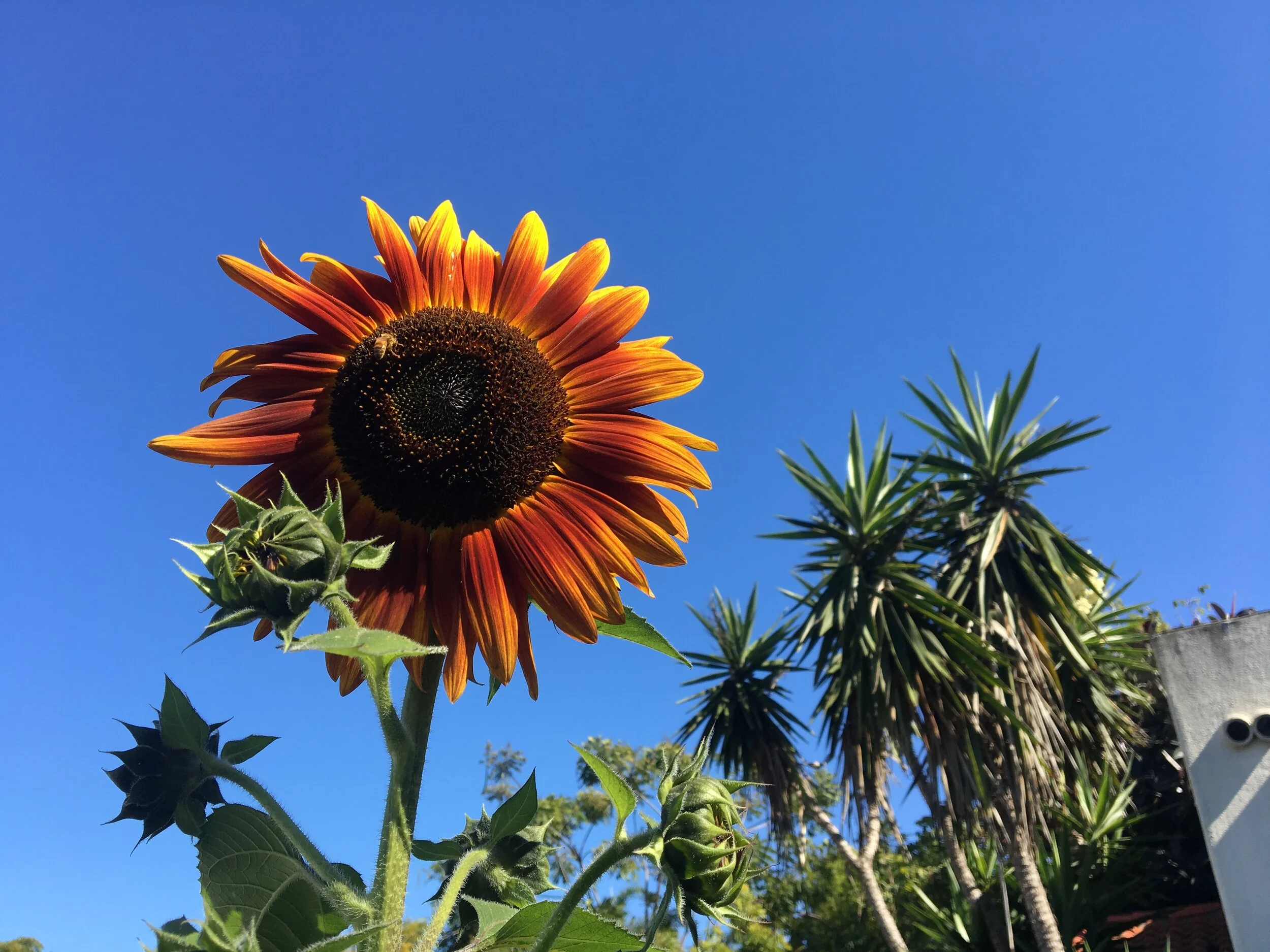Mead can change the alcohol industry and regenerate the earth:
By purchasing mead and building the mead market, mead drinkers are helping to increase biodiversity, increase soil health, sequester carbon, sequester groundwater and support beekeepers.
Mead is the only alcohol that doesn’t require you to rip up nature to produce the sugar source at the base of the alcohol.
To make more mead you need more bees visiting more bio-diverse, flowering ecosystems and Less Extractive/destructive monocultures.
We are sourcing organic honey from Brazil and working to start a beyond organic “Regenerative Honey Standard” in California and beyond.
We believe that by building the mead Industry, we can create a demand for high quality, ecologically responsible honey that will help incentivize a middle class of professional beekeepers. We want to see 500 regenerative beekeepers making a good living producing regenerative honey for regenerative mead makers. Your purchase of our mead helps make that vision real.
SOME FACTS about BEES:
The average life of a honey bee during the working season is about six weeks
The average worker bee makes about 1/12th of a teaspoon of honey in her lifetime.
Bees must collect nectar from over 2 million flowers to make 1 pound of honey.
A bee visits 50 to 100 flowers during a collection trip.
The Honey bee’s wings stroke 11,400 times per minute, defying conventional physics.
A honey bee can fly for up to six miles, and as fast as 15 miles per hour. It would have to fly around 90,000 miles -three times around the globe – to make one pound of honey. Wow.
Bees and humans have been working together for thousands of years. Our mindful care of them helps them thrive. Their provision of honey, pollen, propolis, beneficial humming vibration and pollination help us thrive.
Interesting INFO about Honey:
The honey bee is the only insect that produces food humans can eat.
Honey is incredibly healthy and includes enzymes, vitamins, minerals. It’s the only food that contains “pinocembrin”, an antioxidant associated with improved brain functioning.
The natural fruit sugars in honey – fructose and glucose – are quickly digested by the body and unlock glycogen, promoting healthy metabolism.
Honey is typically around 80% sugars and 20% water.
Honey has always been highly regarded as a medicine. It is thought to help with everything from sore throats and digestive disorders to skin problems and hay fever.
Honey has antiseptic properties, historically it has been used for wounds as well as a first aid treatment for burns and cuts.
Honey’s ability to attract and retain moisture means that it has long been used as a beauty treatment.
Honey lasts an incredibly long time. An explorer who found a 2000 year old jar of honey in an Egyptian tomb ate it and enjoyed it. It is still on display at the museum of Agriculture in Egypt and is still edible.
Cheers to a world with more regenerative mead, more successful beekeepers, more healthy honeybees, pollinators and biodiverse, healthy soil ecosystems!

